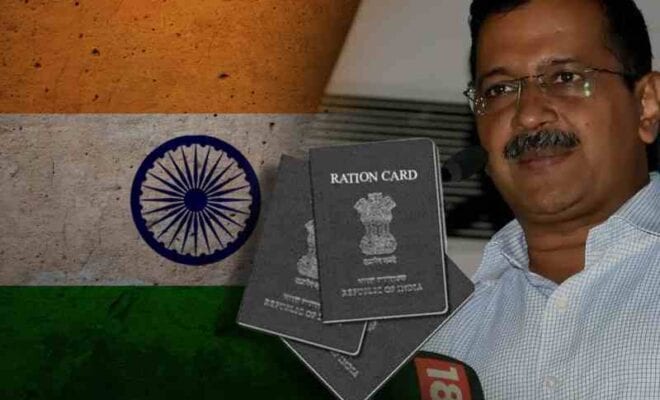Delhi’s claim of ‘One Nation One Ration Card’ launch ‘misleading’

Last updated on June 15th, 2021 at 04:51 am
Delhi officials announced that they launched the One Nation One Ration Card (ONORC), which Supreme Court says is misleading. Centre submitted the claim of the Government of National Capital Territory of Delhi regarding ONORC which is denied by the Supreme Court as they have implemented it only in circle 63 Seemapuri.
Only a handful of transactions conducted in a single circle with about 42 electronic points of sale (ePOS) machines cannot be considered as an implementation of ONORC.
Additional Solicitor General Aishwarya Bhati, further says the implementation of the ONORC would require national portability transactions to be rolled out formally in all the fair price shops of all the circles of Delhi in which more than 2,000 ePoS machines had been supplied and were waiting for an operation.
Related Posts
Delhi officials responded by saying, it is pertinent to appreciate that inter-state migrants present across Delhi in large numbers.
These migrant workers, street dwellers, rag-pickers, migratory laborer construction workers, rickshaw pullers, and others, do not have access to their National Food Security Act food grains. This economically marginalized population who stays away from their native place will be guaranteed to access their quota of subsidized food commodities under the Food Security Act.
Food Secretary, Sudhanshu Pandey, wrote to the Delhi government requesting to resume the use of ePoS machines at ration shops. He explained that at least 10 lakh migrant workers in Delhi, who had ration cards in their home districts will be able to have food at the marginalized rate under this policy if implemented correctly.
Though, ration card portability under the ONORC scheme is dependent on ePoS machines, since they use Aadhaar-linked biometric authentication to verify the identity and entitlement of beneficiaries.
But Delhi had suspended the use of ePoS three years back in 2018 after they received enormous amounts of complaints of the poor network which led to failures in authentication and exclusion of genuine beneficiaries.



